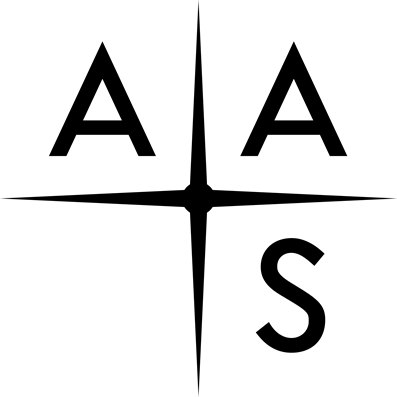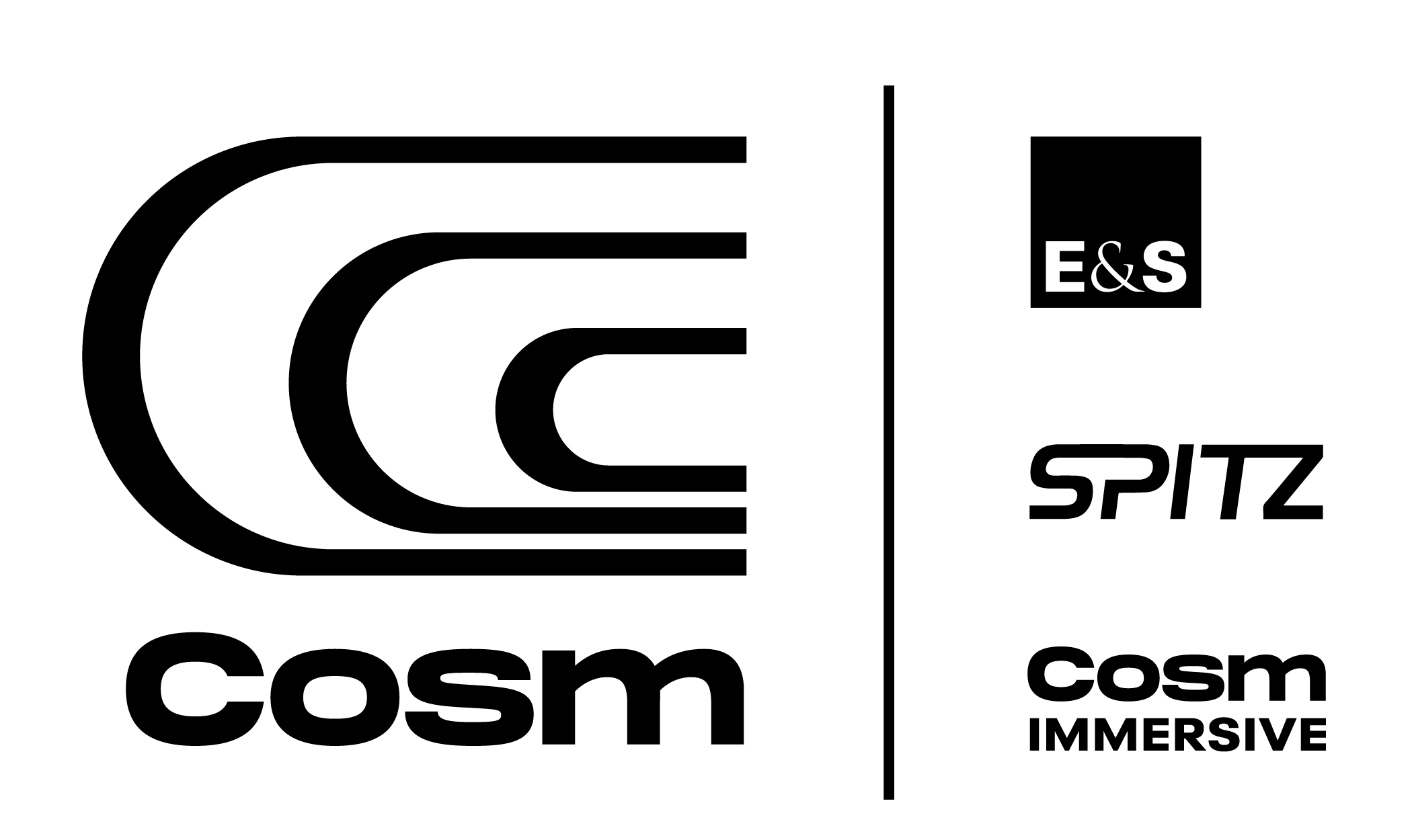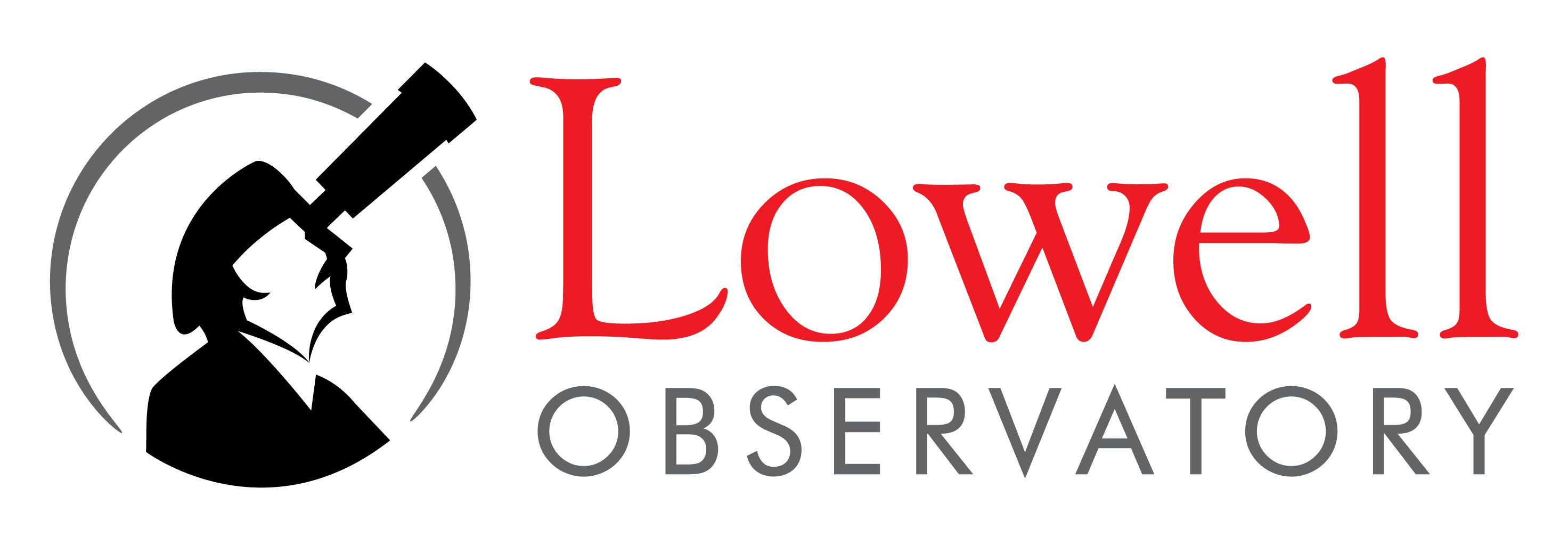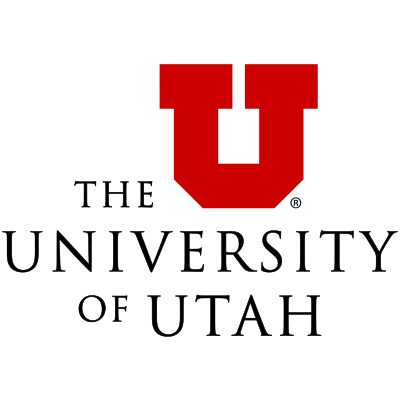239th meeting
Press Information


Update 23 December 2021: AAS 239 has been canceled, but the press program will move forward in a virtual format. Please see the main meeting press page for additional details as they become available.
25 October 2021
Contact:
Susanna Kohler
AAS Press Officer
+1 202-328-2010 x127
Media Invited to AAS Meeting in Salt Lake City in January
Astronomers will be gathering in Salt Lake City, Utah, this January for the first in-person meeting of the American Astronomical Society (AAS) in two years. From 9 to 13 January 2022, astronomers, students, educators, and journalists will gather at the Salt Palace Convention Center (100 S West Temple, Salt Lake City, UT 84101) for the 239th AAS meeting. With an additional complement of attendees participating virtually, this meeting is sure to be one of the astronomical sciences’ biggest conferences of the year. Social media hashtag: #aas239.
The AAS offers complimentary press registration — with both in-person and virtual options available — to bona fide working journalists and public information officers (PIOs), as explained below. A highlight of AAS 239 for press registrants will be a combined tour and dinner at the COSM Experience Center, which hosts DomeX, a unique, immersive dome experience. This will occur on the evening of Tuesday, 11 January; see details below.
AAS 239 Meeting Links
- Home Page
- Health & Safety Information
- Travel & Lodging Information (deadline for hotel reservations at the discounted AAS group rate: 17 December 2021)
- Press Information
- Block Schedule
Press Registration
The AAS offers complimentary press registration to bona fide working journalists and PIOs, as described on the AAS press website.
There will be two options available to press registrants at AAS 239:
- In-Person Press — Full Meeting Registration
This option provides admittance to all in-person meeting events, sessions, and spaces, and it includes access to all virtual content. Note that all in-person attendees must provide proof of vaccination prior to registration. We ask that you select full registration only if you truly intend to go to Salt Lake City, so that we can obtain an approximate on-site head count in advance. - Virtual Participation Press Registration (limited)
This option provides online access to limited virtual meeting content, which will include live-streamed plenary talks, Town Halls, and press conferences; the iPoster gallery; and the AAS 239 Slack workspace.
Be sure to plan ahead — press registration for AAS 239 will take a little extra time! The process will consist of three steps:
- Request complimentary press registration by sending an email message to AAS Press Officer Dr. Susanna Kohler at [email protected] with your name and media affiliation (or “freelance” if applicable). Upon confirming your eligibility, she’ll send you a press-registration code that you’ll use in step 3 below to waive the registration fee.
- If you plan to attend in person, submit proof of your vaccination status via the secure, third-party site linked from the AAS 239 registration page, and await a verification code that you’ll need to complete your registration. Note that it can take up to 48 hours for vaccination verification to be processed before you will be able to register.
- Use the press registration code from step 1 and the vaccination verification code from step 2 (if you’re attending in person) to register via the AAS 239 registration page.
Lastly, note that registration will not be available on-site at AAS 239; the last day for registration is 4 January 2022. We strongly advise you to register in advance to avoid last-minute complications; please send your email request to [email protected] as soon as you know you’re attending the meeting, either in person or remotely.
Full instructions and registration links are available on the AAS 239 press information page.
Press Facilities

The AAS will operate a press office in Room 254B on Level 2 of the Salt Palace Convention Center, with working space, printer/photocopier, power strips, and internet connectivity for reporters and PIOs. Thanks to the Universities Space Research Association (USRA) for generously sponsoring the press office with refreshments for on-site press registrants!
We expect to hold press conferences each morning and afternoon, Monday, 10 January, through Thursday, 13 January, in Room 254A next door to the press office. The press conference room will be equipped with a sound system, mult box, and internet connectivity. Briefing audio, slides, and video will be available live via webcast to accredited journalists unable to attend in person; online participants will be able to ask questions of the presenters via text submission. Details will appear in a subsequent media advisory.
A dedicated press interview space, Room 254C, will be available Sunday through Thursday for use by press registrants; use the online signup sheet here to reserve this room for use at specific dates and times.
Press Dinner and DomeX Tour
This meeting’s press tour will be combined with the traditional press dinner for a one-of-a-kind experience dining at and touring the 20 m (66 ft) DomeX next-generation visualization dome at Evans & Sutherland — a completely new and unique showcase of immersive planetarium and dome technology.
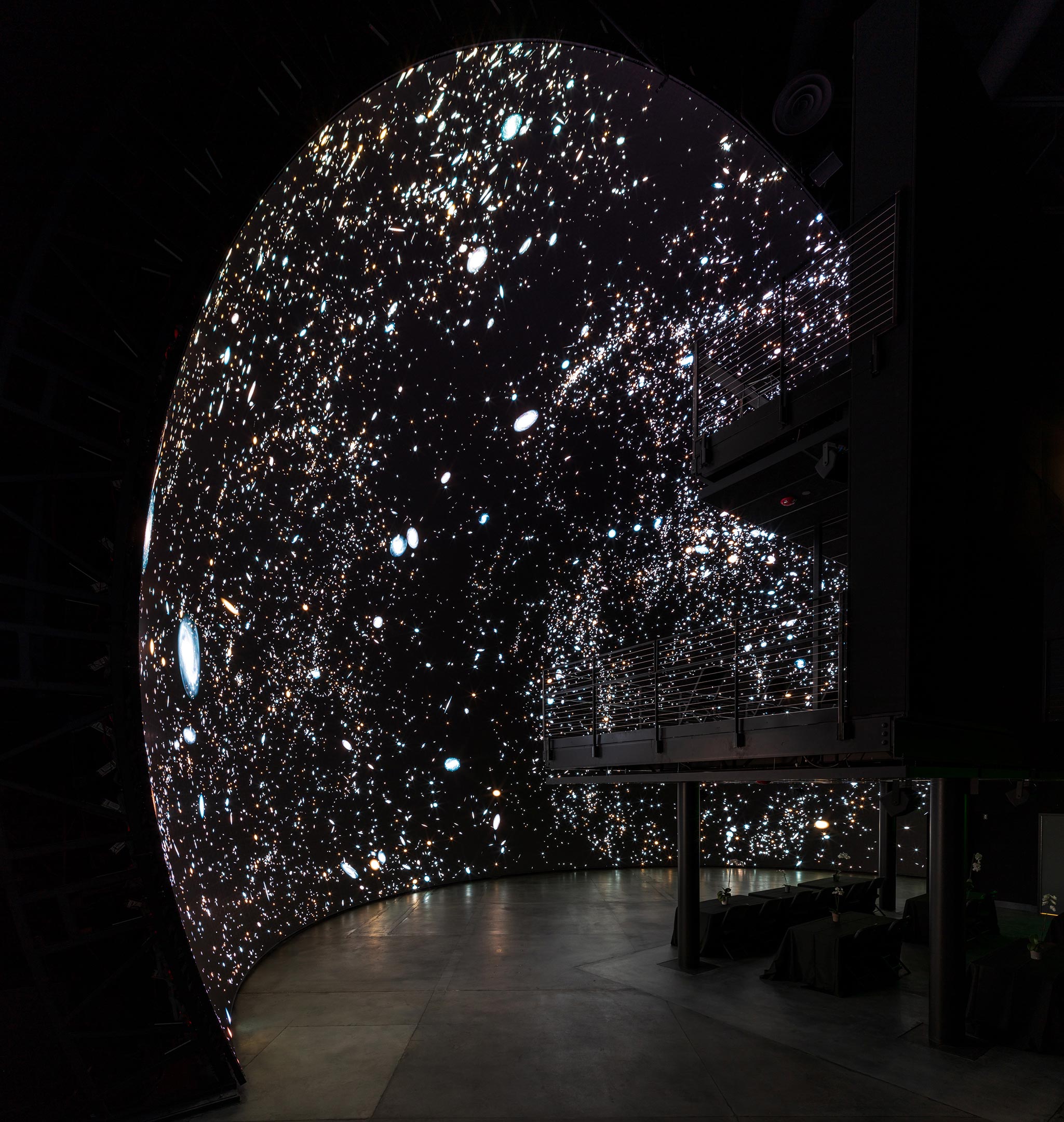
The installation of DomeX follows 5 years of engineering development, and it represents a once-in-a generation quantum leap in technology. With DomeX, the reality of what a planetarium is capable of has been redefined. DomeX is the first truly black dome, with an unparalleled dark state and a matte-black surface that virtually eliminates the cross-reflections inherent in direct projection onto a traditional white dome. Coupled with unmatched brightness, colors are rich and vibrant with full HDR coverage in 8K resolution and above — image quality that far exceeds any available dome projection system today. It has to be seen to be believed.
The event will be held 7–9:30 pm on Tuesday, 11 January, at 770 Komas Drive, Salt Lake City. The venue, the COSM Experience Center, is located on the campus of the University of Utah just 15 minutes’ drive from the Salt Palace Convention Center. The evening will include a reasonably priced buffet dinner at the COSM Experience Center with vegan and vegetarian options available; food and transportation details will be determined at a later date and announced separately.
This event is for in-person press registrants only; there is no virtual option. Sign up using the online expression of interest form, which is separate from the press registration form. Space is limited to 60 participants — first come, first served. We’ll take sign-ups until we reach capacity; after that, we’ll maintain a waiting list in case more space becomes available or anyone withdraws from the dinner/tour.
Program Points of Interest
HAD & HEAD
This winter’s AAS meeting will be jointly held, as usual, with the Society’s Historical Astronomy Division (HAD) and High Energy Astrophysics Division (HEAD). The HAD meeting will include Special Sessions such as “Celebrating William Herschel's Bicentennial (1738–1822)” and “Centennial of an Eclipse: The 1922 Expedition that Clinched the Case for General Relativity,” as well as splinter meetings on the preservation of astronomical heritage. Astro-historian William H. Donahue (St. John’s College / Green Lion Press) will give a prize lecture on Monday, 10 January, as the recipient of HAD’s 2021 LeRoy E. Doggett Prize for his decades-long career of scholarship and translations of critical and complex scientific works such as Johannes Kepler’s Astronomia Nova (New Astronomy, 1609).
HEAD will host two Special Sessions at AAS 239: one on Monday, 10 January, in which the 2020 and 2021 Shaw Prize in Astronomy and Astrophysics winners (Roger Blandford, Victoria Kaspi, and Chryssa Kouveliotou) will talk about their award-winning work, and one on Tuesday, 11 January, featuring groundbreaking results on neutron star interiors and exteriors based on recent observations. On Monday afternoon, Francis Halzen (University of Wisconsin-Madison) will present the HEAD Bruno Rossi Prize lecture about the IceCube Collaboration’s discovery of a high-energy neutrino flux of astrophysical origin.
Prize Lectures & Invited Talks
AAS 239 will offer more than a dozen additional prize and invited talks by distinguished astronomers, bookended by the Fred Kavli Plenary Lecture on Monday morning and the Lancelot M. Berkeley – New York Community Trust Prize lecture on Thursday afternoon. The identities of the Kavli and Berkeley lecturers will be announced soon.
Nicholas Scoville (Caltech) will present the Henry Norris Russell Lecture about his contributions to our understanding of molecular gas and star formation in the Milky Way and other galaxies. Via an exchange with the Royal Astronomical Society (RAS), the AAS Russell lecturer also gives a talk at an RAS meeting, and in return the recipient of the RAS Gold Medal in Astronomy speaks at one of our meetings. In Salt Lake City we’ll hear from Jocelyn Bell Burnell (University of Oxford, UK), who received the 2021 Gold Medal for her research work, which established the field of pulsar astronomy, and for her national and international leadership roles in astronomy.
The Dannie Heineman Prize for outstanding mid-career work in the field of astrophysics is given jointly by the AAS and the American Institute of Physics. The Heineman Prize lecture will be co-presented by the latest recipients, David Weinberg (Ohio State University) and Robert Lupton (Princeton University), who were honored for their essential contributions to facilitating, guiding, and participating in transformative science resulting from modern large-scale astronomical surveys at optical wavelengths.
Rounding out the prize lectures at AAS 239 are Courtney Dressing (University of California, Berkeley), recipient of the Newton Lacy Pierce Prize for her work to understand the formation rate, composition, and evolution of planets around low-mass M dwarf stars; Rebekah Dawson (Pennsylvania State University), whose contributions on planet formation and dynamics — particularly on hot Jupiter exoplanets and the connection between planetary composition and orbital structure — netted her the Helen B. Warner Prize; and Laura Kreidberg (Max Planck Institute for Astronomy, Germany), recipient of the Annie Jump Cannon Award for her pioneering research on the structure, composition, and dynamics of exoplanet atmospheres.
Keep your eye on the AAS 239 Program Highlights page for news of additional plenary lectures.
Special Sessions & Town Halls
There will also be a wide variety of contributed oral and poster presentations, many of them showcased in more than 30 Special Sessions, including the HAD and HEAD ones already mentioned as well as “New Views of Extragalactic Supermassive Black Holes with the Event Horizon Telescope,” “Green Astronomy: Addressing Climate Change,” “The Extreme Interstellar Medium in the Inner 200 pc of the Galaxy,” “AAS Policy Advocacy for Astro2020,” “Beyond a Billion Galaxies: Preparing the Rubin Observatory LSST Dark Energy Science Collaboration (DESC) for Stage IV Cosmology,” “ALMA Status and Plans for Increased Capability,” and “Tools and Resources for Teaching Astronomy: Moving Beyond the Pandemic.”
In addition, the Salt Lake City program features 11 lunchtime and evening Town Hall meetings on astronomy and public policy featuring representatives from NASA, the National Science Foundation (NSF), the National Optical-Infrared Astronomy Research Laboratory (NOIRLab), the National Radio Astronomy Observatory (NRAO), the Space Telescope Science Institute (STScI), and the National Academy of Sciences’ Astro2020 decadal survey committee. Facility- and mission-focused Town Halls feature the James Webb Space Telescope, the Stratospheric Observatory for Infrared Astronomy, and the Nancy Grace Roman Space Telescope. There will also be a Town Hall entitled “After the 2020 Worldwide Protests: Progress and Failures of Implementing Substantial Change in Astronomy.”
A Note on Visas and COVID-19 Restrictions for Travel to the United States
Visa requirements for international travelers to the USA have become more stringent, and COVID-19 travel restrictions and measures are currently in place for both US citizens and international citizens entering the country. If you are an international traveler, you are responsible for determining the current COVID-19 travel restrictions and visa requirements that apply to you. Additional information is available from the US State Department and the Centers for Disease Control and Prevention. If you need a letter for a visa application certifying that you are registered for the meeting, please request your complimentary press registration as soon as possible; only after you complete it can AAS Press Officer Susanna Kohler send you such a letter.
AAS Press List
If you don't already receive press releases by email from the AAS Press Office, you should sign up now to guarantee that you receive future meeting advisories as well as other important announcements. To sign up for the AAS Press List at no charge, please fill out and submit the form you'll find linked from our Join the AAS Press List page. With few exceptions, only accredited journalists and PIOs are eligible to receive press releases from the AAS, as described on our press-credentials page.

